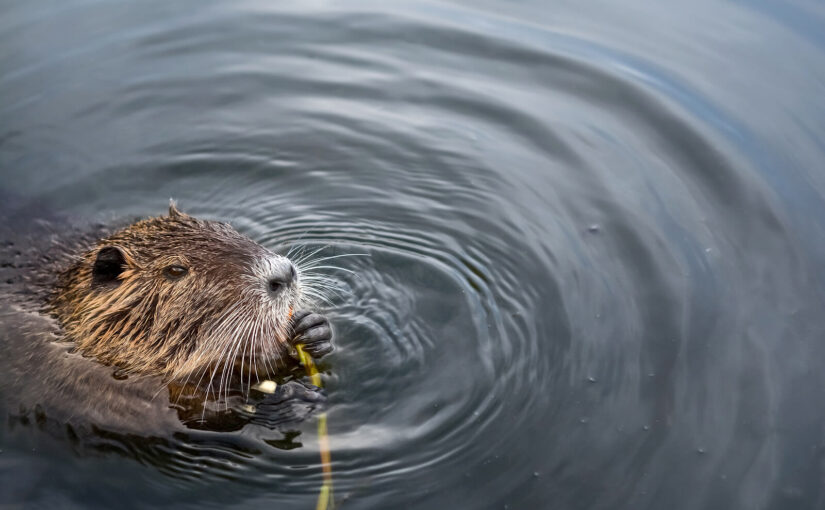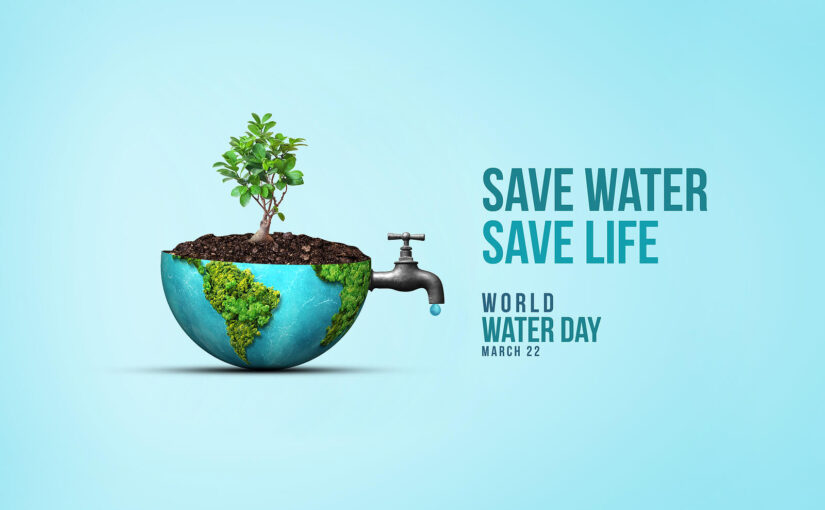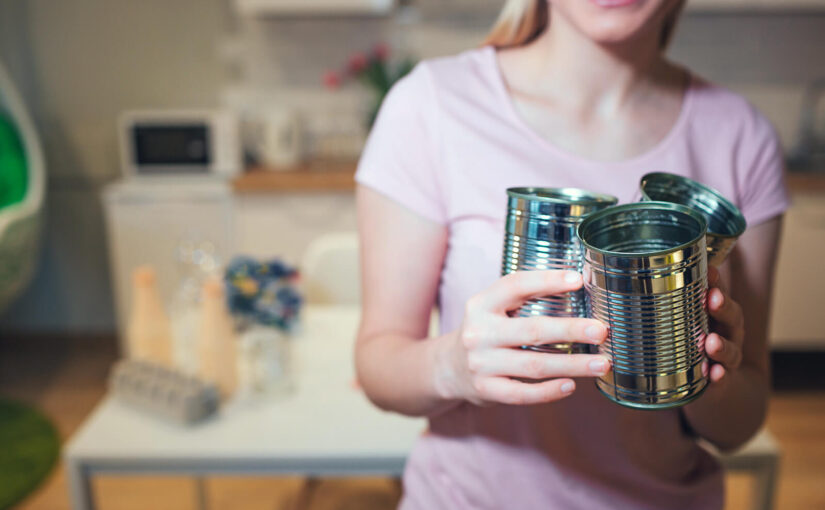Did you know that beavers play a vital role in creating and maintaining wetlands, providing a home for countless plant and animal species? Next month, we’ll celebrate the sixteenth International Beaver Day. This day is a chance to recognise beavers as ecosystem engineers and see their environmental impact.
Join us as we dive into the significance of International Beaver Day. We’ll explore how to celebrate, why beavers matter, and share fascinating facts about these remarkable mammals.
Continue reading International Beaver Day: A celebration of our ecosystem engineers









